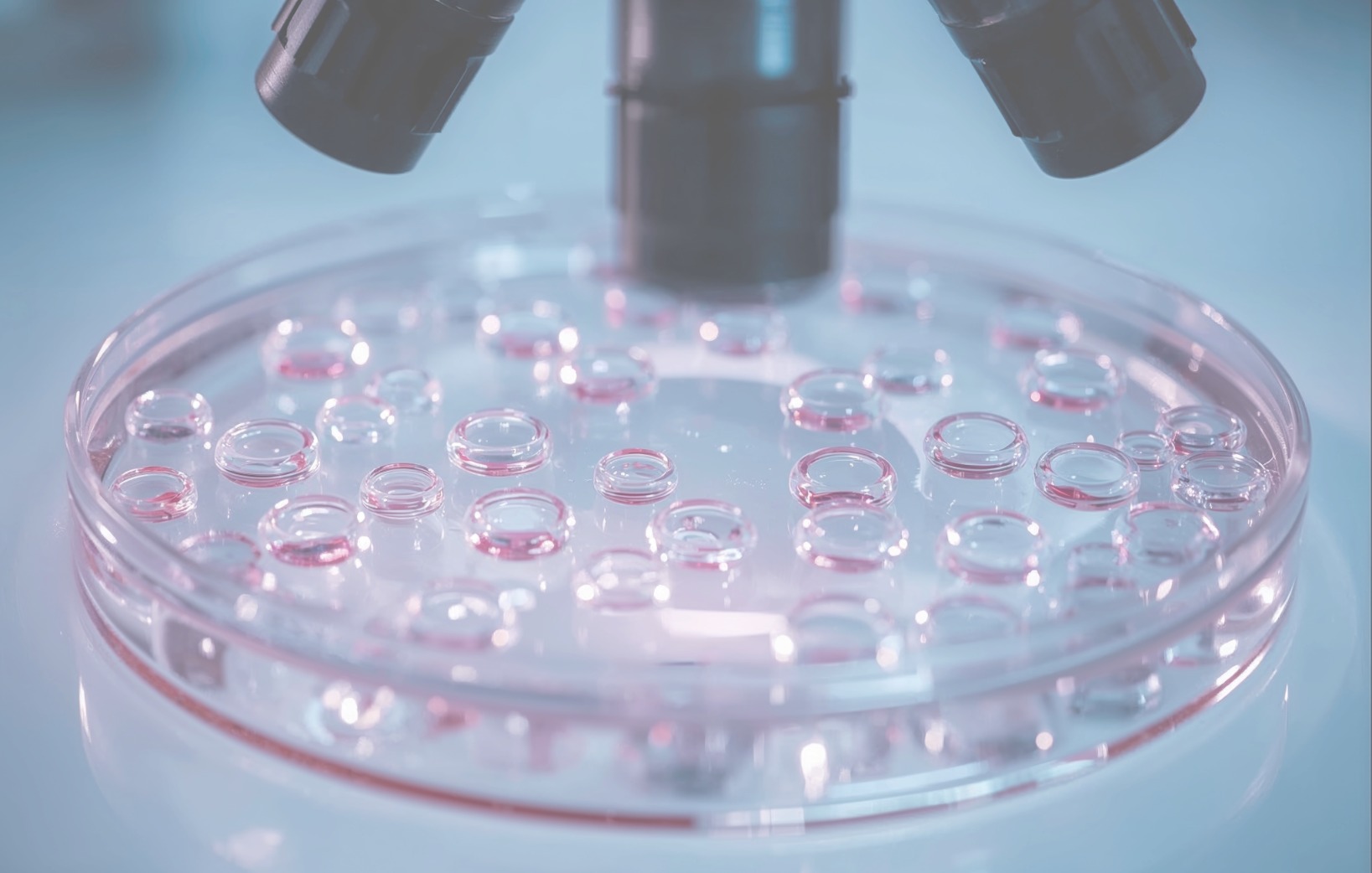
What is the role of peptones in microorganisms culture?
In the field of biotechnology, cultivating microorganisms is essential for advancing medicine, agriculture and industrial processes. The key to successful microbial growth is the use of specialised nutrients, with peptones playing a pivotal role.
Peptones are derived from hydrolysed animal or plant proteins, producing a mixture of amino acids, peptides, and other nutrients. These complex amino acid mixtures provide the essential building blocks that microorganisms need to grow and carry out their metabolic activities. Due to their rich nutritional profile, peptones are an indispensable component of the culture media used in laboratories and industrial settings.
Recent developments in biotechnology have emphasised the importance of producing high-quality, consistent peptones. At Biotecnica, The Peptone Company, we are at the forefront of this field, offering a range of peptones tailored to different microbial applications. Our Endolow® low-toxin line ensures optimal growth conditions for bacteria, fungi and other microorganisms, thereby improving the yield and reliability of bioprocesses.
Furthermore, innovations in peptone sourcing and processing have led to more sustainable and cost-effective production methods. These methods benefit the environment and reduce costs for biopharmaceutical companies and researchers. Peptones are versatile and are used not only in pharmaceutical manufacturing but also in probiotics production, fermentation processes, and research laboratories.
Overall, peptones remain a fundamental component of modern biotechnology. Continual improvement and customization of peptones is essential to meeting the evolving demands of microbial cultivation and ensuring a healthier, more innovative future.
Discover how our peptones can transform your bioprocesses—contact us today!


